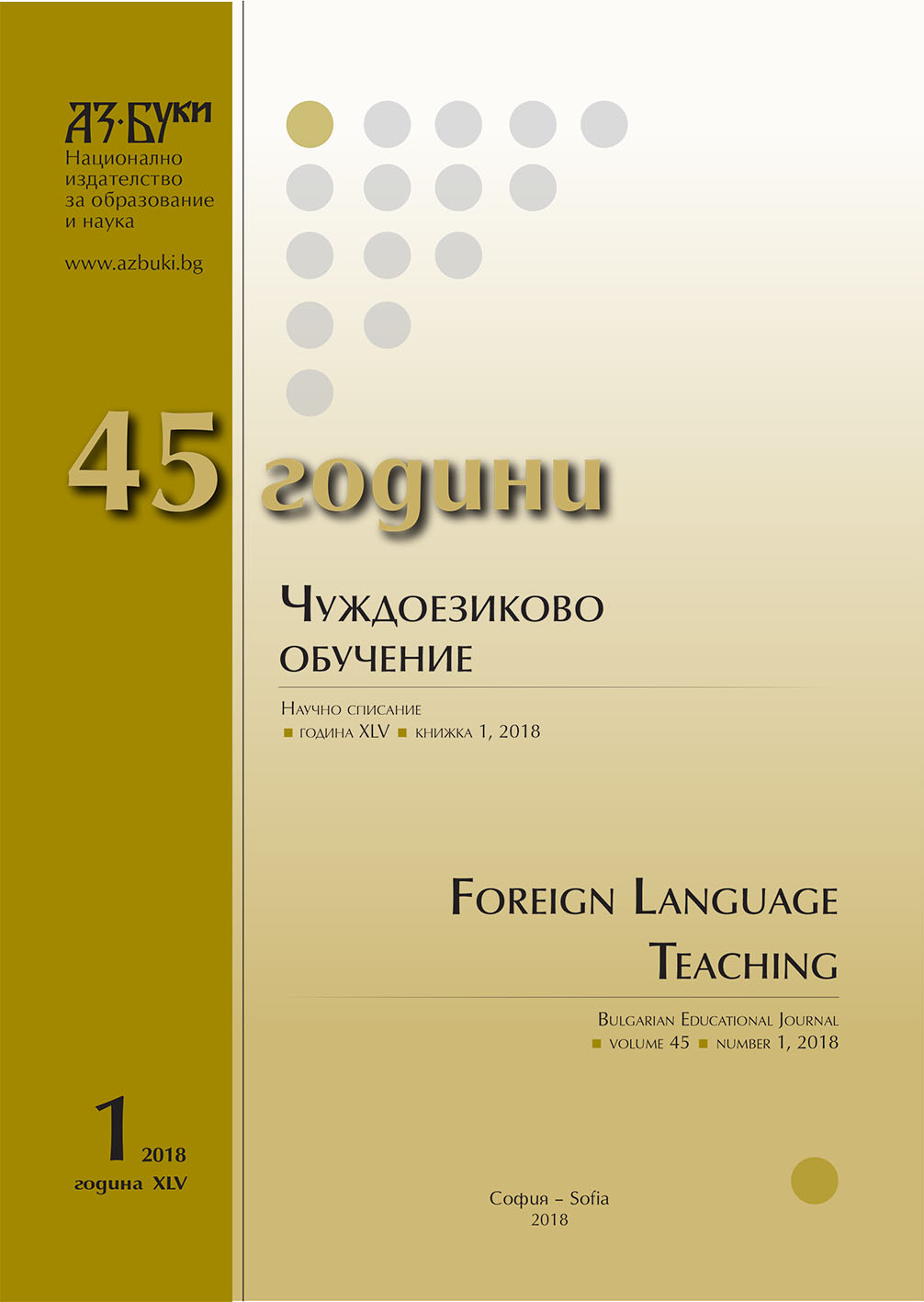
We kindly inform you that, as long as the subject affiliation of our 300.000+ articles is in progress, you might get unsufficient or no results on your third level or second level search. In this case, please broaden your search criteria.

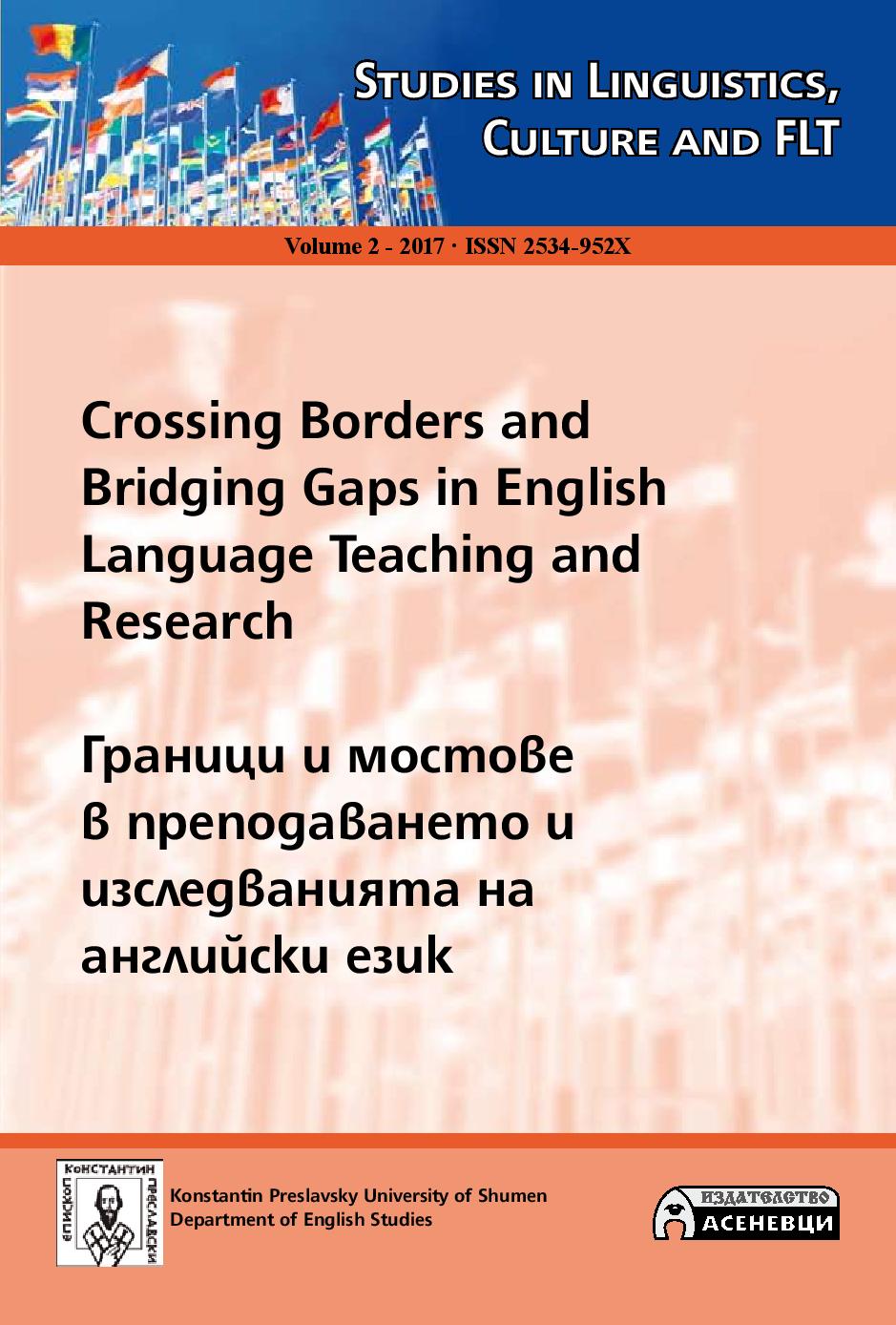
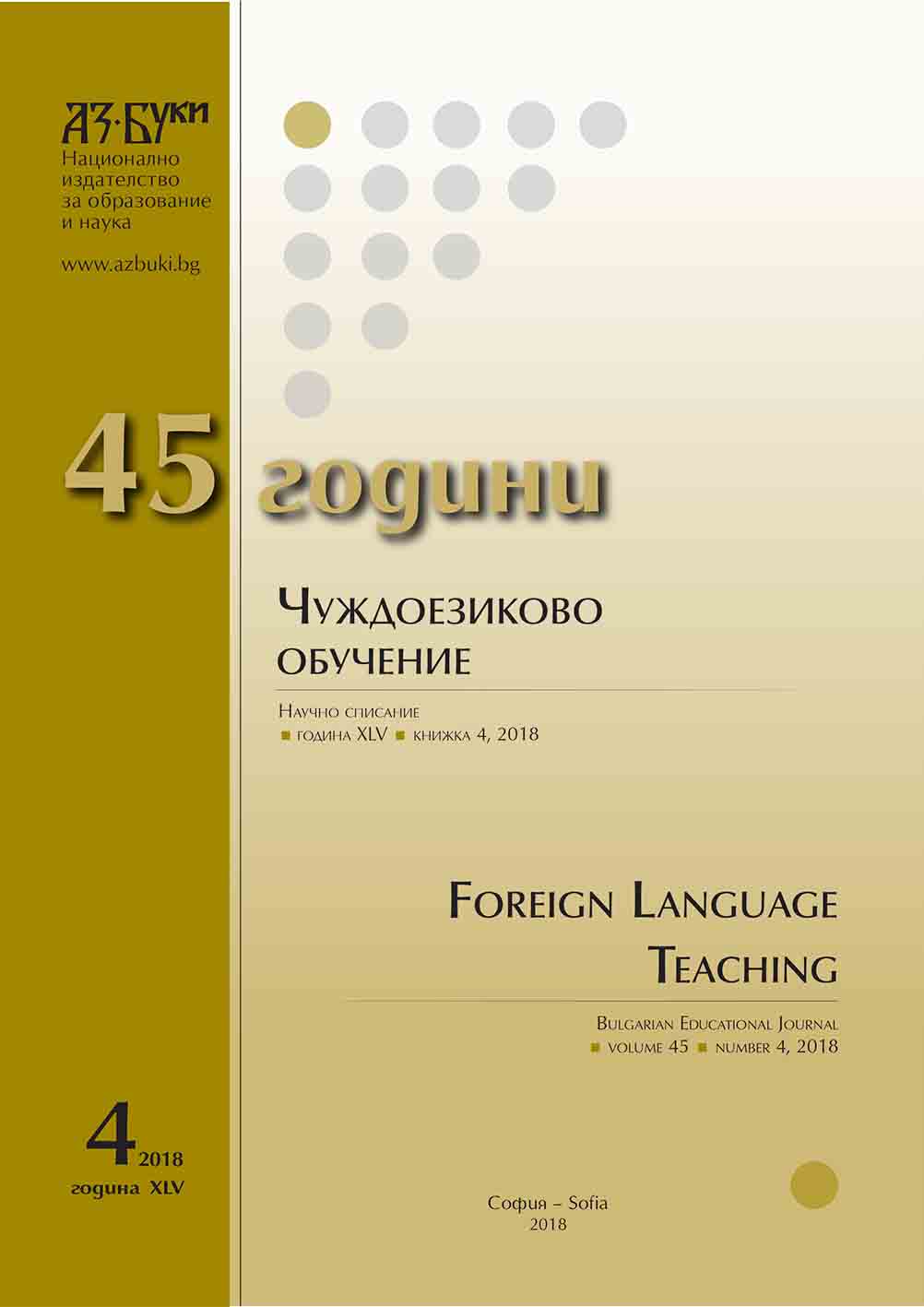
The article deals with theoretical bases and organizational peculiarities of the movie-technology that is one of the productive innovative technologies in Russian as a foreign language instruction. This technology supposes the organizing of Russian language acquisition during the preparation of the film production, the proper film production, its montage and following viewing. The specific features of movie-technology stages in the process of instruction are described.
More...
The article deals with the existing definitions of the concept of “teaching method” in the literature on didactics and the methodology of teaching foreign languages. Some of the definitions of this concept do not indicate its essential features, others view it too broadly, the third confuse the concept of “teaching method” with other didactic concepts. It is suggested to consider the teaching method as a kind of professional knowledge of the teacher. The teaching method is the image of the teacher’s and students’ activity in the teacher’s mind.
More...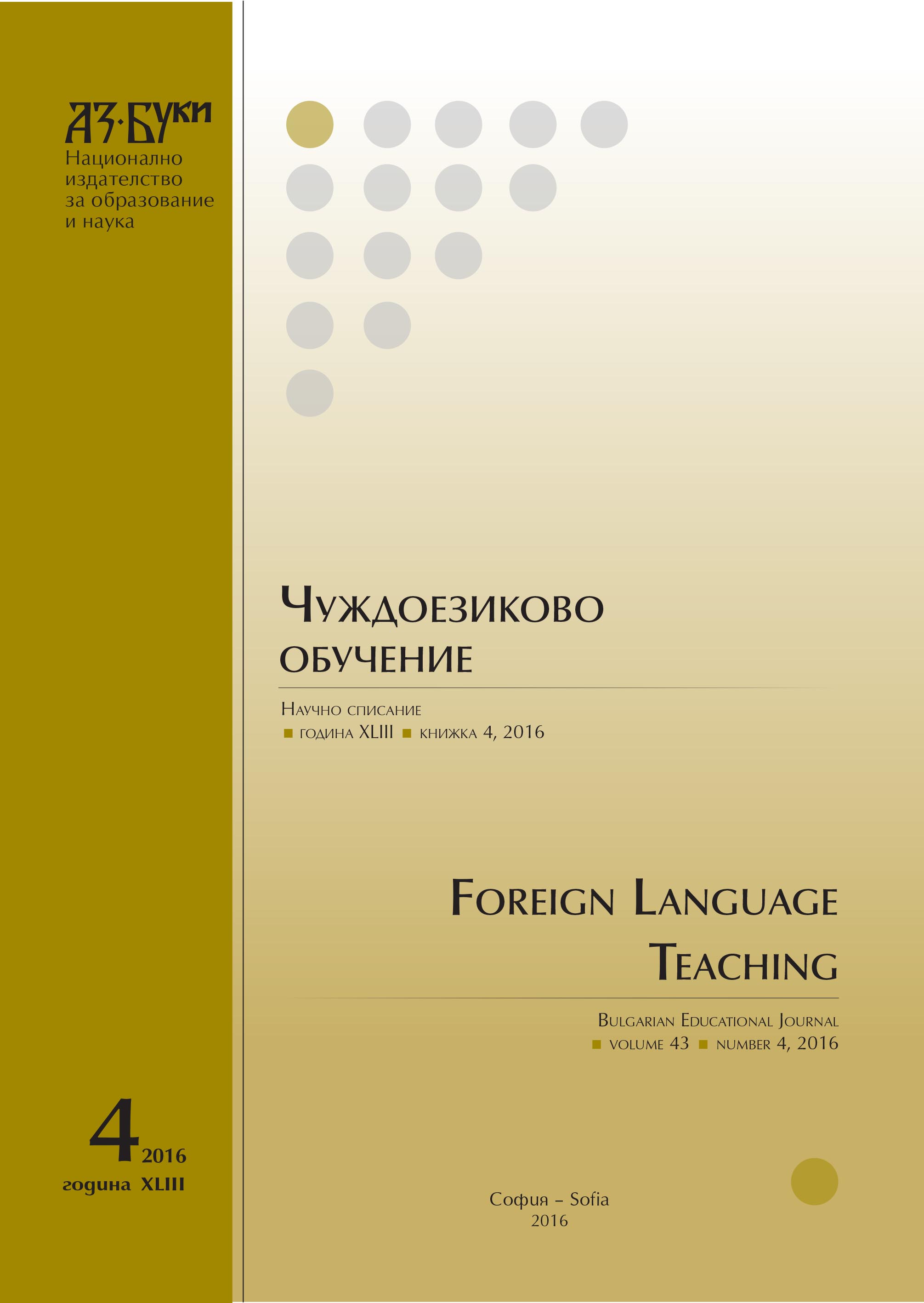
It is Important to Understand that You are not Always Right - Interview of Doctor Honoris Causa of Bulgarian Academy of Sciences, Academician Lyudmila Verbitskaya
More...
The article describes one of the productive innovative technologies of training future teachers of the Russian as a foreign language in the course of teaching methods - the game “We are writing a textbook.” The stages of writing a textbook are examined. The examples of students’ innovative textbooks are presented.
More...
The modern Russian-language lexicography provides vast material for national and cultural research of the Russian language. The article describes unique dictionaries of different genres and different scientific schools; each of these dictionaries includes important linguistic-cultural component. Special mention is made of associative dictionary usage for explicating such cognitive and cultural units as gender stereotypes
More...
This article describes the functionality of some online resources that enhance abilities of teacher of Russian as foreign. Attention is paid to online games on the development of grammar skills, services for creating visual schemes, online movies and video editing tools for creating new types of tasks given to students.
More...
The article defines the basic methods of teaching the Russian language with the help of songs. Different types of exercises for the realization of certain learning activities and the development of language skills are given.
More...
The paper presents an example of intercultural training as a model of interaction in foreign language teaching. The focus is put on the similarities and differences in different ethnic values and sociolinguistic behavior and their influence on the development of tolerance in intercultural communication. Special attention is paid to the terms’ minimum of theoretical base.
More...
The article describes the main approaches to the study of cultural studies and cultural linguistics and justifies the importance of a more detailed examination of phraseology, as a reflection of Russian history and culture.
More...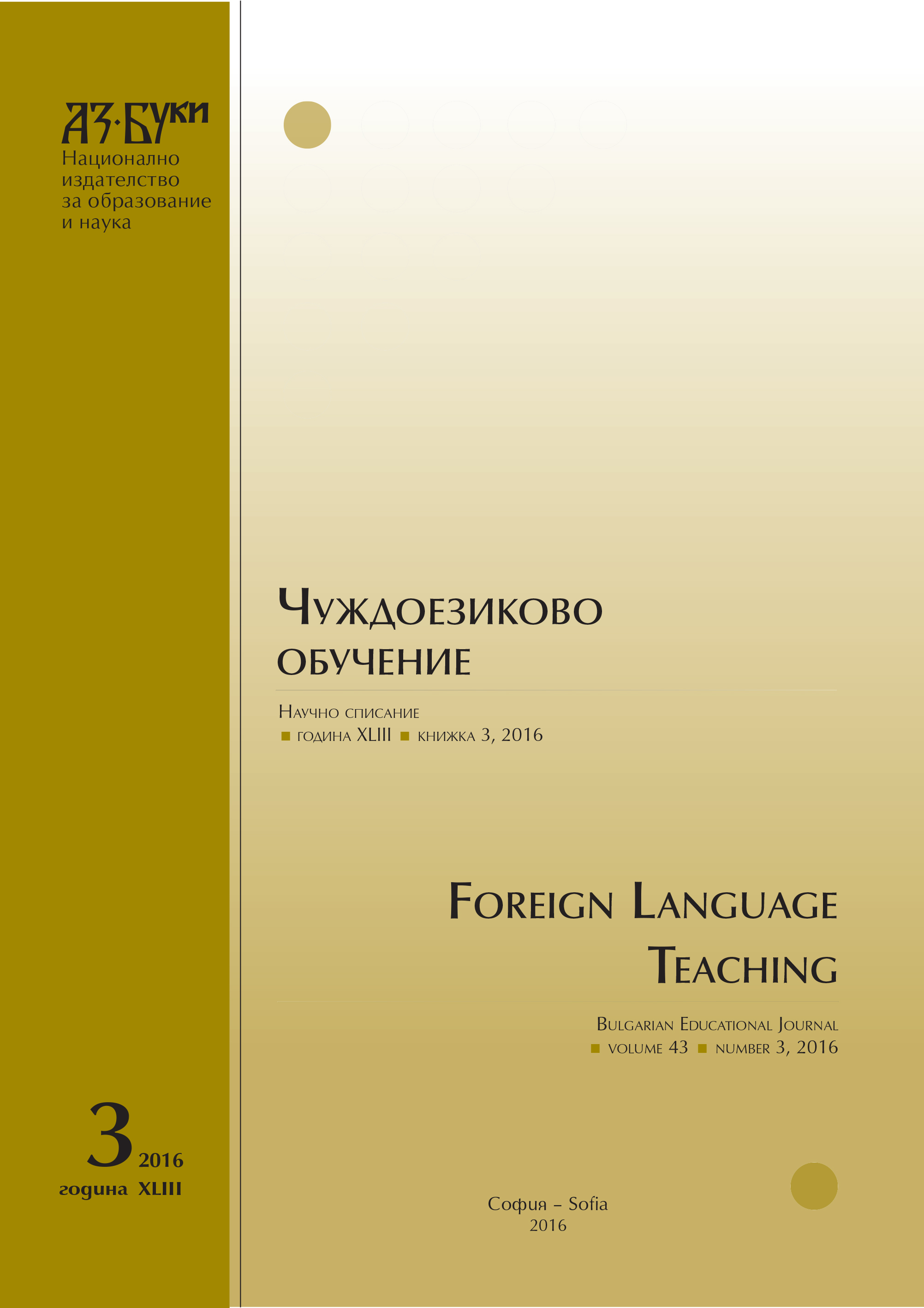

By the example of national and linguistical specificity of German vocabulary the author characterizes ethnocultural component of a word meaning, which is (like Russian one) nationally marked.
More...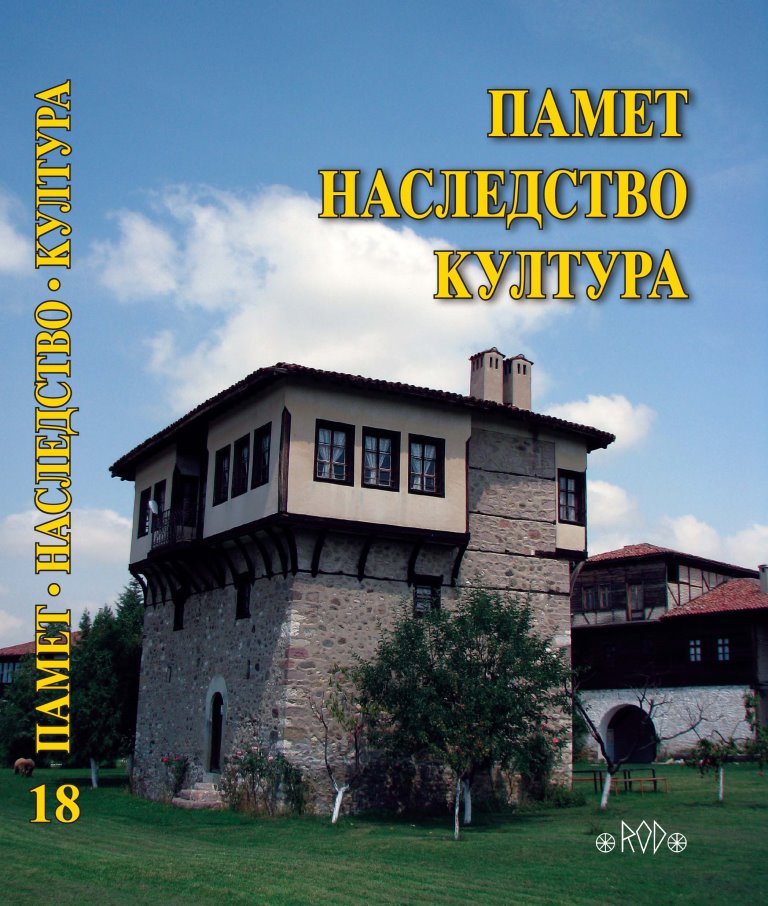
This article describes the complex methodological background as well as diverse education forms developed by the multilingual Atelier Kilikan, Freiburg, between 2015 and 2018. It puts an accent on the intercultural and translingual potential, which needs to be widely discovered among bilingual children raised in the multicultural environment in Freiburg (located in the border area between Germany, France and Switzerland). It presents some examples of workshops and language courses for kids of Bulgarian descent, as well as some intercultural methods represented in the complex art installation “The multilingual monster” created by children of different origin, artists and pedagogical mentors. The methodology provides different ideas on how bilinguals can be encouraged to transfer cognitive and academic abilities from one language to another (translan-guaging) and thereby effectively increase their competences in the target language which they currently learn: In this regard, the methods presented here can be used in non-formal education courses of migrant, minority and family languagesThis article describes the complex methodological background as well as diverse education forms developed by the multilingual Atelier Kilikan, Freiburg, between 2015 and 2018. It puts an accent on the intercultural and translingual potential, which needs to be widely discovered among bilingual children raised in the multicultural environment in Freiburg (located in the border area between Germany, France and Switzerland). It presents some examples of workshops and language courses for kids of Bulgarian descent, as well as some intercultural methods represented in the complex art installation “The multilingual monster” created by children of different origin, artists and pedagogical mentors. The methodology provides different ideas on how bilinguals can be encouraged to transfer cognitive and academic abilities from one language to another (translan-guaging) and thereby effectively increase their competences in the target language which they currently learn: In this regard, the methods presented here can be used in non-formal education courses of migrant, minority and family languages.
More...
The object of the article is a late legend – The Story of the Irani Star – which might have originated among the Eastern Orthodox Slavs in the 15th c. The plot revolves around the Star of Bethlehem, the birth of Jesus, and the pilgrimage of the Magi (cf. Matthew 2: 1–12). The article discusses the narrative, its structure and the history of the text, with a focus on the edition and reconstruction of the text. The Story is published according to the copy found in Miscellany No 143 (504), 258v–265r, dated to the 16th c., which is part of the manuscript collection of the Joseph-Volokolamsk Monastery. Today, the manuscript is kept in the Russian State Library (Moscow, Russia). The edition is prepared in comparison with four copies of the legend dated to 15th and 16th c.
More...
The report is written in connection to the language of one letter written by the Bulgarian Revival writer Ivan N. Momchilov. The article exposes important grammatical peculiarities of the language of this text. The review shows that Ivan N. Momchilov contributes to the approval of a series of grammatical norms, inherent to the contemporary Bulgarian language.
More...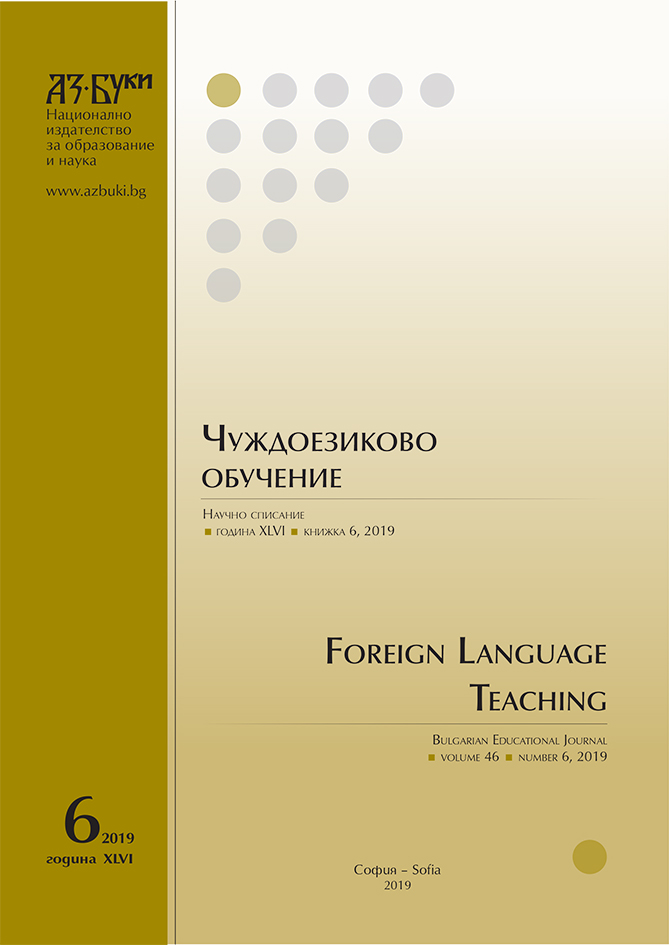
This paper discusses the functioning of translanguaging in the context of international schools in Poland. In the introductory part various definitions of the concept undertaken by linguists since its coining in 1994 have been presented. An exemplary lesson is explored in the final part of the paper where the huge potential of translanguaging for language education and content learning in multilingual contexts is revealed.
More...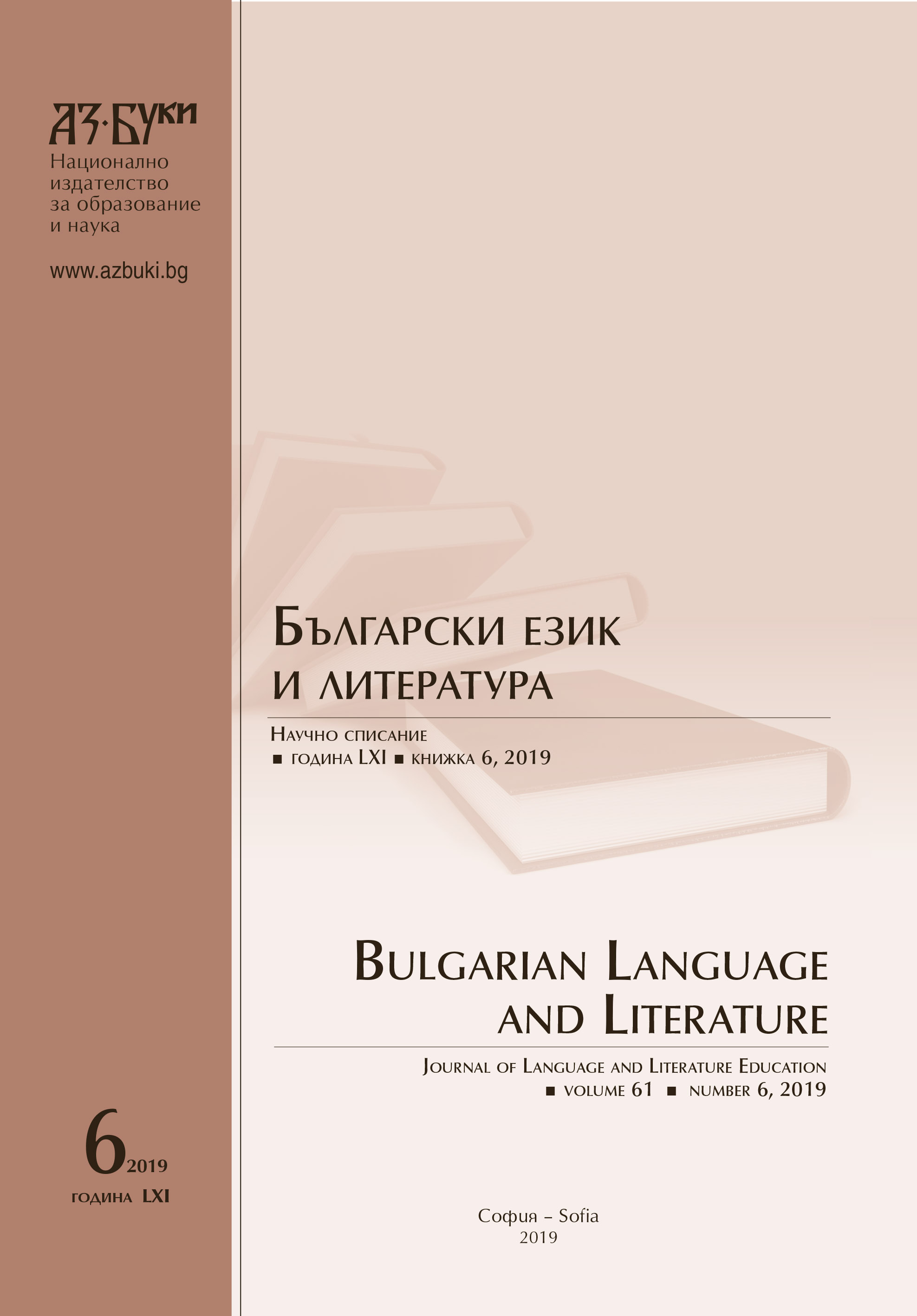
The subject of this article is the broad and narrow understanding of the phraseology. In this connection are examined the criteria for the classification of the phrasing units and the rhetorical code, on the basis of which a large part of the units in the phraseology are differentiated. Attention is paid on the rhetorical code, on the basis of which a large part of the phrasing units are defined - metaphor, metonymymus, hyperbola and others. The author comes to the conclusion that the constraints imposed by the narrow concept, are not always right.
More...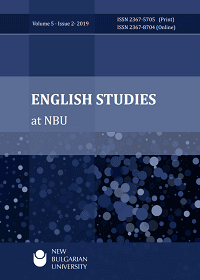
This study used qualitative analyses to explore novice ESL writers’ concepts of writers, readers and texts. Metadiscourse studies tabulate frequencies of discourse markers in order to characterise the different ways novices and experts, native-speakers and non-native speakers, construct themselves as writers, engage with their readers, and guide readers through their text. But the picture created by these descriptive statistics lacks many content areas voiced by student writers, including their reliance on visual content, and their emotions. Student writers’ experiences in a world saturated by visual media and marketing views are also factors shaping how they construct their identities as writers, the identities of their projected readers, and how they understand what they are doing when writing text. This study used content and transitivity analyses to assess how Arabic native-speaker novices understand themselves as writers, how they project their readers’ identities, and how they try to engage them. Results show that visuals are indistinct from text, and verbs of seeing are used for reader understanding, in novice writers’ sense of their texts, and how they understand engaging the reader. These novices have a demographically granular assessment of audiences, but aim to please readers with expected content rather than challenge them with academic content, and they downplay important elements of teacher talk, syllabus and second-language (L2) composition instruction, particularly data, research, structure and language.
More...
A survey of twelve translation students in 2017 revealed that they tend to find translating figurative and metaphorical language difficult. In addition, an experiment also conducted in 2017 showed similar results. During the first phase of this experiment, two trained researchers coded metaphorical items in a text from the New Scientist following the Metaphor Identification Procedure Vrije Universiteit Amsterdam (MIPVU). Based on Cohen’s kappa, the researchers reached an initial coding agreement of 0.692 (strong agreement) and a final agreement score of 0.958 (almost perfect agreement) after discussion. The second phase of the experiment involved the coding of the metaphorical items previously identified by the researchers in the same text by 47 students who received a two-hour introduction to conceptual metaphor theory and a simplified method to code metaphorical items. However, the results of the students’ coding showed that they had failed to identify metaphors in 49.96% of cases. Nevertheless, a chi-squared test (p < 2.2-16) revealed that the students’ coding was not due to chance alone and therefore not arbitrary.
More...